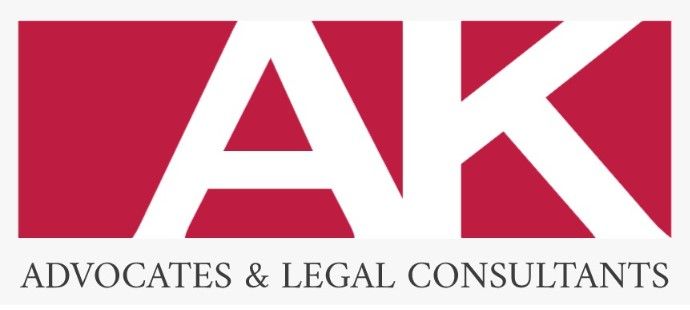Can the scam of partners in the company be a basis for claims of discrimination against the minority and to an award of generous compensation
Can the scam of partners in the company be a basis for claims of discrimination against the minority and to receive generous compensation? Is it possible to make the controlling shareholder personally liable?
The claim was filed against the controlling shareholder of an international trade and shipping company, from which it withdrew funds.
The Supreme Court accepted the claim of the minority shareholder, according to which the controlling shareholder deprived it and even unlawfully enriched himself.
An appeal filed by the controlling shareholder was dismissed, and he was required to pay the compensation to a minority shareholder for NIS 800,000.
The Supreme Court accepted the Respondents 'arguments and rejected the Appellants' claim that the Respondents should have filed a Derivative Action, which is a claim filed by a shareholder or director of the Company (and sometimes also by a creditor thereof) on behalf of the Company for a cause of action of the Company against a third party , Or against managers in a company who have violated the obligation of trust or the duty of care towards it, i.e., the derivative claim is a tool through which a person can sue in the name of the company in which he has an interest. This tool is intended for situations in which the company refrains from exercising its rights, the company is in the hands of the managers, and they will not file a claim on behalf of the company against themselves This argument was raised only at the summation stage, and it was sufficient to reject it.
In its ruling, the court noted that, as a rule, the main way to file a claim for damage caused to the company is to file a derivative claim by the shareholder rather than a personal claim. Nevertheless, a number of exceptions were set out in this rule, including:
• a claim for damage caused as a result of a breach of the contractual right of the shareholder;
• Damage caused to a shareholder different from the damage caused to other shareholders;
• Damage caused by minority discrimination.
In our case, it was determined, the three aforementioned exceptions existed, and therefore the respondents had to file a personal claim, as they did.
The court further ruled that in our case there is justification for lifting the scope of the association between the appellants, and especially the main controlling shareholder, who was the driving force in the robberies and discrimination that were carried out against the respondents through the undermining companies. This controlling shareholder, it was decided, took advantage of the separate legal personality of the companies he owned in order to deceive the respondents and to extract money from the company and exploited his control of the management of the company in order to incur fictitious expenses in favor of the companies he owns.
It was also determined that the share of the minority shareholder in the joint venture is 30%, despite the registration in the Registrar of Companies that was carried out prior to the founding of the founders' agreement. The court based this determination, inter alia, on the rate of the shareholders' loan that each party transferred to the company, and taking note of the correspondence between the approving partners.
In light of the above, the Justices Wilner, Mintz and Solberg decided to dismiss the appeal and to charge the Appellants with the respondent's expenses in the amount of NIS 20,000, in addition to the amount of NIS 800,000 awarded by the District Court.


